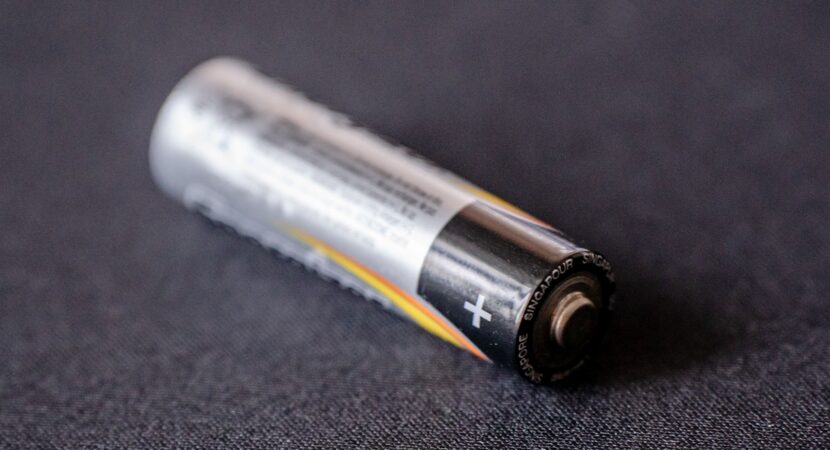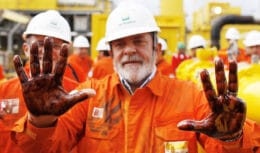
The sand battery is a way for countries to store renewable energy without using lithium, which will have its demand increased by at least 40 times in the coming years.
Polar Night Energy, in Finland, gave an interview to the BBC portal showing the development designed to meet the needs left by the war between Russia and Ukraine regarding the energy matrix. Now, the country will make its energy matrix less dependent on orientals by heating the sand to more than 500 degrees to store energy for months on end. Heating energy, provided by natural sources such as wind and solar energy, is stored in the sand for months on end and can be a way to meet the long-term demands of the population through sand battery no lithium.
“Using resistive heating, cheap renewable energy is used to heat the sand up to 500C and, as sand is excellent at storing heat, the battery can retain that energy for months at a time,” says one of the institution's partners.
Energy saved for months on end using low quality sand

The new battery created and developed by Polar Night Energy uses low quality sand placed anywhere to store energy for months on end without the industry using lithium, a metal that has been facing shortages in the market.
Lithium is one of the main materials used for the production of batteries, not only for photovoltaic panels, as well as for electric cars. In view of the low production of the metal and the high demand, companies like Tesla have already laid off about 10% of their employees due to rising prices for electric cars and difficulty maintaining scales. Brazilian companies are also paralyzing activities due to low inventory and raw materials.
Creating solutions for developing sand batteries without resorting to lithium is a necessity in many developing countries. It was the question of which other metal or raw material could be used for energy storage and matrix stability that the researchers discovered that sand has strong chemical and physical abilities to retain heat.
According to the company's study in Finland, the sand could be used to heat homes during the winter, when energy is generally more expensive due to the greater demand for heaters in countries like the United States.
This technology may soon be used in Brazil to escape the energy crisis: the Aneel has already announced a massive 65% increase in tax rates and, each year, the electricity bill has variations above 30%. Storing energy for months is a way to escape inflation and guarantee stability in times of crisis, as happened in 2021 in Brazil, after the creation, through the Ministry of Mines and Energy, of the scarcity flag, which would charge amounts of higher fines than the threshold 2 red flag.
Finland: Lithium demand will increase 40 times and meeting this demand by exchanging raw materials is crucial
As published by the International Energy Agency, it is estimated that the demand for lithium will increase and vary by at least 40 times in the coming years, precisely because of the greater production of batteries for electric cars. Therefore, it is crucial that countries create strategies to reduce dependence on this metal, which is increasingly scarce in the market.
A new sand battery, which uses coarse grains, has a weight of 100 tons and can be used to supply the demands of a city, not to mention that it reduces, exponentially, the amounts spent on energy.











